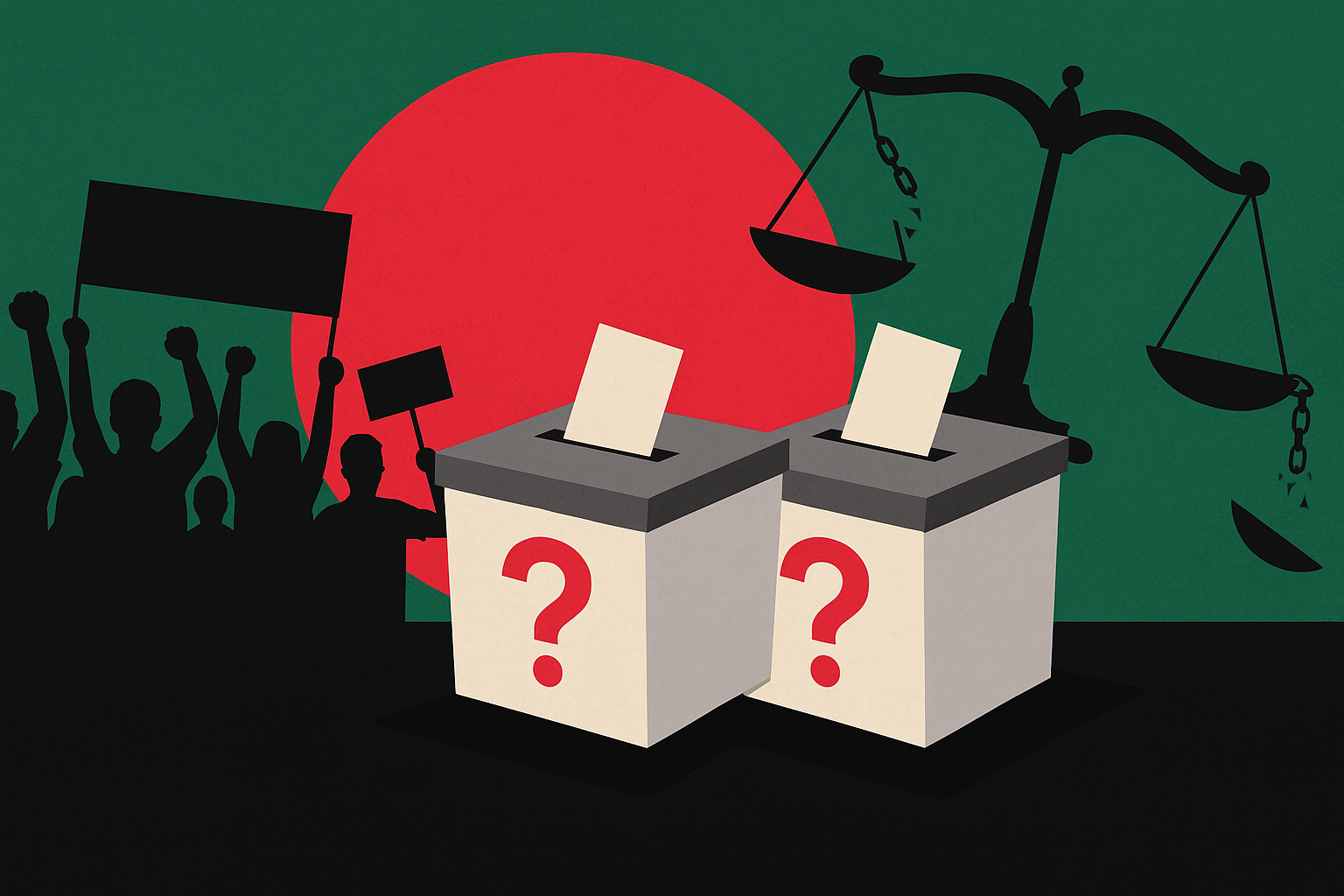Bangladesh’s political landscape continues to witness significant developments, with the Bangladesh Nationalist Party (BNP) taking a bold step by filing a case against three former Chief Election Commissioners (CECs) and several other officials. This move has reignited discussions on electoral accountability, governance, and the rule of law in the country.
Background of the Case
The BNP alleges that the former CECs, during their tenure, engaged in malpractice and compromised the integrity of the electoral process. These accusations include claims of bias, failure to uphold free and fair elections, and manipulation that favored the ruling party.
The case reportedly points to specific elections overseen by these commissioners, highlighting discrepancies and alleged irregularities that, according to the BNP, undermined democratic principles.
Significance of the Case
This legal action underscores several critical issues:
1. Electoral Integrity
Free and fair elections form the backbone of democracy. The role of the Election Commission is crucial in ensuring transparency, impartiality, and trust in the electoral process. Allegations against former CECs question whether these standards were met.
2. Political Rivalry
The case intensifies the political rivalry between the BNP and the ruling party. By holding former election officials accountable, the BNP aims to highlight systemic flaws and push for reforms that ensure future elections are more credible.
3. Judicial Independence
The case will test the independence of the judiciary in Bangladesh. The impartial handling of this high-profile case is essential for maintaining public confidence in legal institutions and upholding justice.
Responses and Reactions
The BNP leadership has presented this move as a fight for democracy and transparency. They argue that without accountability, electoral fraud and manipulation will continue unchecked.
Conversely, supporters of the former CECs and the ruling party claim that the accusations are politically motivated, aimed at destabilizing the government and discrediting past election processes.
Neutral observers emphasize the need for an impartial investigation to establish facts without political bias.
Broader Implications for Bangladesh’s Democracy
This case could have far-reaching impacts:
- Strengthening Election Commission: If handled transparently, it might lead to reforms enhancing the Election Commission’s autonomy and credibility.
- Political Climate: It might either bridge gaps or deepen divisions, depending on how different stakeholders engage with the process.
- International Perception: As Bangladesh is a developing democracy, such high-profile cases attract international attention regarding the country’s democratic maturity.
Conclusion
The BNP’s case against former Chief Election Commissioners marks a pivotal moment for Bangladesh’s democracy. It reflects ongoing demands for electoral transparency and accountability. The outcome of this case will likely influence future elections and the political discourse in the country.

